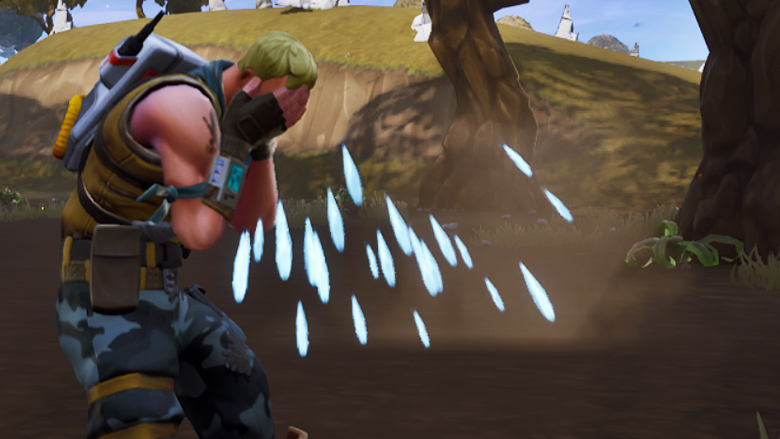74% of players experienced harassment in online games
The study by Anti-Defamation League (ADL) found 74% of gamers have suffered from various forms of toxic behavior.
“Large-scale commercial games have these aspects of their platform that are totally unmoderated spaces,” Daniel Kelley, ADL representative, told Kotaku.
Many forms of harrassment
These are some disturbing stats that the ADL study revealed:
- 65 percent of online players reported experiencing “severe harassment,” including “physical threats, stalking and sustained harassment.”
- 29 percent said their private information was published by strangers as a result of an online game.
- Roughly a third of LGBTQ players experienced harrassment because of their sexual orientation. A third of black or African-American players, and a quarter of Latin and Asian-American players cited their ethnicity as the reason for toxic behavavior towards them.
- 40% of women said that they were harassed because of their gender, with perpetrators identifying women via voice chats.
- 23% of players reported being encouraged to discuss white supremacy, indicating that certain online game subcultures might welcome white supremacist ideology.
- 35 percent admitted initiating abusive behavior themselves, including trolling or name calling.
Cruel games
Among the titles most conducive to harassment the study lists Counter-Strike: Global Offensive, Overwatch, PlayerUnknown’s Battlegrounds, and League of Legends, with Dota 2 taking the lead as the most toxic of them all.
Conversely, World of Warcraft, Minecraft and NBA 2K are credited for some positive interactions by 80% of the players surveyed.
What to do?
Kelley said that online games should catch up with other online services like Facebook and Twitter that have campaigned decisively to eliminate harassment among their users.
“I was looking at both Fortnite and League of Legends’ [current] policies around harassment and looking at Twitter’s in 2006 and they seem to be carbon copies of each other.”
Kelley calls on the Entertainment Software Ratings Board (ESRB) to update their current rating system to recognize harrassment as a specific form of in-game violence.
